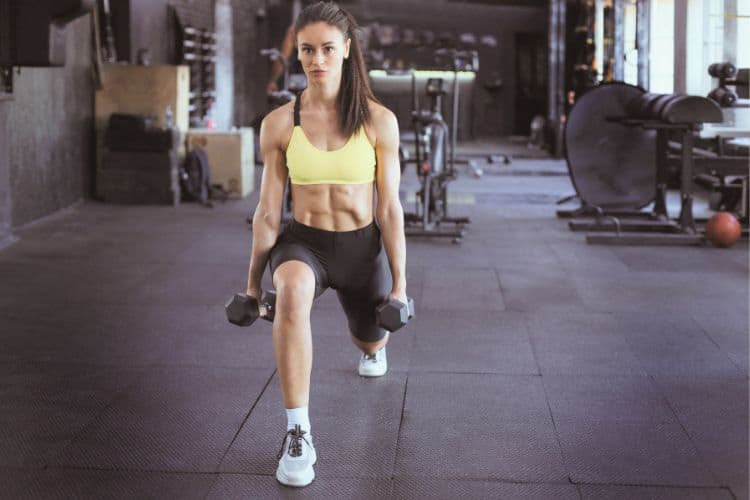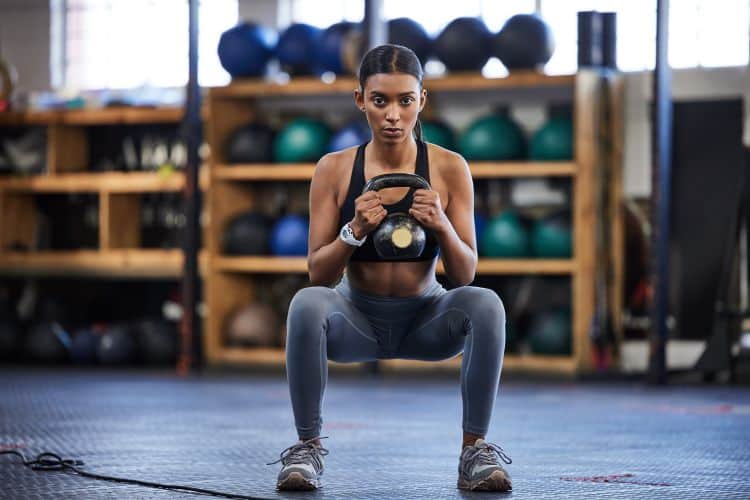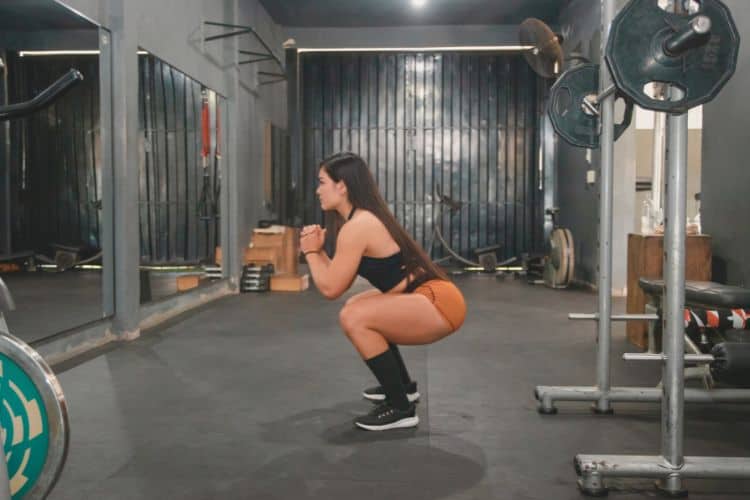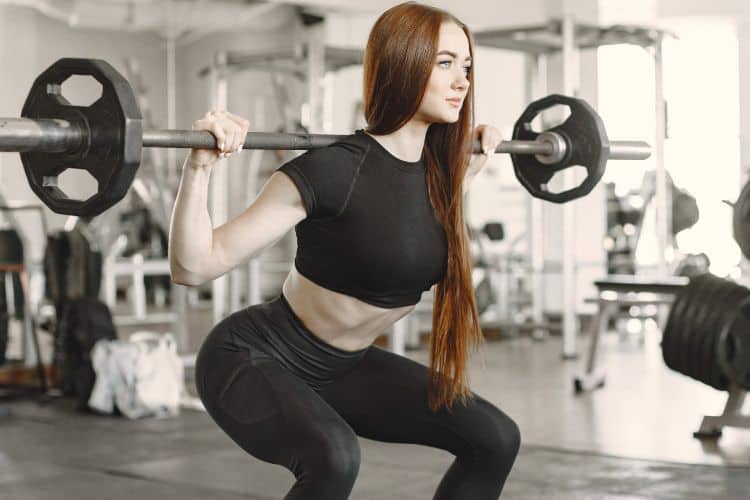Sign up for workout ideas, training advice, reviews of the latest gear and more.






In today’s world of health and fitness, there’s a growing awareness about the importance of post-workout nutrition. One key component of this is protein. For women, understanding how, when, and why to eat protein after a workout is essential for muscle recovery and growth. But, with so many protein options available, what’s the best choice?
After a strenuous workout, our muscles experience tiny tears. This sounds alarming, but it’s a natural process that leads to muscle growth. The tears are repaired via protein synthesis, which rebuilds the muscle fibers stronger than before. Consuming protein post-exercise provides the body with the necessary building blocks – amino acids – to speed up this recovery process.
For women, who naturally have a different hormonal makeup than men, the timing and type of protein consumed can impact the effectiveness of their recovery. ( protein to eat after workouts)
The “anabolic window” or the period post-workout when muscle protein synthesis is most effective, is a topic of debate among nutritionists and fitness experts. However, many agree that consuming protein within 30 minutes to two hours after a workout can maximize recovery and results.
Whey Protein: This is a fast-absorbing protein that’s derived from milk. It contains all the essential amino acids, making it an excellent choice for post-workout recovery. Whey protein shakes are a convenient option, but ensure you opt for a product with minimal additives.
Plant-Based Proteins: For vegetarians, vegans, or those with lactose intolerance, plant-based proteins like pea, hemp, soy, and rice are solid alternatives. These sources might have different amino acid profiles, so it’s often recommended to mix and match for a complete protein intake. (protein to eat after workouts)
Eggs: Eggs, especially the whites, are packed with protein. They’re easy to prepare and can be incorporated into various dishes. A post-workout omelette with veggies is both delicious and nutritious!
Chicken and Turkey: Lean meats like chicken and turkey breasts are excellent sources of protein. They can be grilled, baked, or stir-fried for a wholesome post-workout meal.
Fish: Rich in omega-3 fatty acids, fish like salmon, mackerel, and tuna are not only great protein sources but also promote heart health.
Quinoa: This superfood is a complete protein, meaning it has all the essential amino acids. It’s also rich in fiber, making it a great addition to post-workout meals.
Greek Yogurt: With almost double the protein content of regular yogurt, Greek yogurt can be a creamy treat after exercising. Add some fresh berries for an antioxidant boost!
While it’s essential to get enough protein post-workout, it’s equally crucial not to go overboard. Women, depending on their weight and workout intensity, typically need between 10-25 grams of protein after exercising. It’s always advisable to consult with a nutritionist to determine your unique protein requirements.
While protein is the star for muscle recovery, carbohydrates and fats play supporting roles. Carbs replenish the glycogen stores in our muscles, which get depleted during exercise. Healthy fats, meanwhile, aid in the absorption of essential vitamins and can provide long-lasting energy.
A balanced post-workout meal for women might look like a grilled chicken breast (protein) with quinoa (carbs and protein) and avocado slices (healthy fats).
The type of workout you engage in can also dictate your protein needs:
Strength Training: A session focused on weights will require more protein for muscle repair. Opt for high-quality sources like whey or lean meats.
Cardio Workouts: After a long run or cycling session, while protein is still essential, you might also need a higher ratio of carbs to restore energy.
Flexibility or Low-Impact Workouts: Activities like yoga or Pilates might not demand as much protein. In such cases, a balanced meal with moderate protein should suffice.
For women dedicated to their fitness journey, understanding the right post-workout protein to eat is a game-changer. By choosing high-quality sources and combining them with the right balance of carbs and fats, you’re not only aiding your body in recovery but also setting the stage for muscle growth and overall health. So the next time you lace up your workout shoes, remember that what you eat afterward is just as crucial as the exercise itself!
Stay up to date on the latest women’s health, fitness and lifestyle trends and tips.